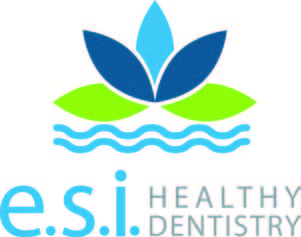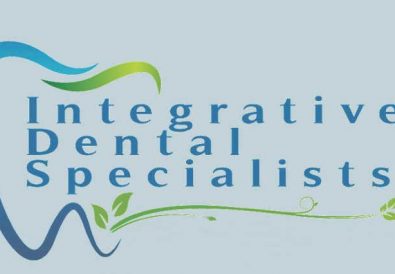Millions of Americans are missing at least one tooth, with most of them missing many teeth. Missing teeth can be a mental struggle as well as a physical one, affecting your oral health in ways that many do not expect.
The truth is that your entire body can be affected by tooth loss. As the number of missing teeth increases, so do diseases and risk of death.
According to recent leading scientific findings, tooth loss can increase the risk of strokes and heart attacks. Missing a front tooth can be an ordeal both physically and emotionally, but missing a back tooth also has its negatives. At the end of the day, tooth loss can be a predictor of health problems and mortality. Oral frailty is an indicator of immune disfunction. It correlates to how well your body can fight challenges like toxins, deficiencies, malnutrition, bacteria, fungi and viruses. Our bodies handle things differently as we age. The efficacy of medications is affected. The way we absorb nutrients is not as efficient as when we were young. The way we respond to micro organisms is also not as effective.
Oral frailty can result in a number of undesired sequelae. Some of these are decrease in overall function, impaired mental and physical performance, malnutrition, sarcopenia (decreased muscle tone), and increased mortality risk.
When our mouth is compromised we don’t have the ability to eat nutrient dense foods. Patients resort to soft, highly processed foods that lack consistency. It is difficult to eat raw vegetables or nuts, meat, fish or any other healthy foods. As you can imagine, this initiates a cascade of physical deterioration, decreased immune function, inflammation, auto immune diseases, infections and cardiovascular compromise.
Conversely, a healthy mouth with a full complement of teeth leads to healthy aging. This translates to fewer primary visits, shorter hospital stays, lower prescription rates and improved quality of life. Essentially, an optimized, healthy mouth will ultimately boost our longevity.
If you think about it, digestion begins in the mouth. It is no surprise then, that improperly chewed food has a devastating and far-reaching impact on our health. Chewing allows for further nutrition to be digested by your body, but if you are missing teeth, your ability to chew is impacted. Half-chewed or improperly chewed food is a massive problem for those who have lost multiple teeth. This is mainly because chewing allows for further nutrition to be digested by your body. Overall, unchewed foods are less beneficial to the body.
We know the mouth is a portal to our digestive system. It is also a portal to our immune system, cardiovascular system and respiratory system. Elderly, in assisted living or nursing homes, with poor oral health have a higher risk of respiratory infections, trans ischemic attacks, myocardial infarctions, Alzheimer’s disease and opportunistic infections. The burden or oral inflammation, decay and bacterial load slows down and distracts our immune system which in turn inhibits our ability to focus on more important tasks like maintaining our respiratory, heart and brain health.
As technology advances within the dental field, it may become trivial to organically fix damaged or lost teeth, but for now, it is of the utmost importance to keep your teeth balanced, strong, and healthy. This is made harder the longer you live, but, keeping a focus on preserving your natural teeth for as long as possible will ultimately prove beneficial.
 Jimmy Kilimitzoglou, DDS, FACD, FPFA, DABOI, MAGD, FAAID, FICOI
Jimmy Kilimitzoglou, DDS, FACD, FPFA, DABOI, MAGD, FAAID, FICOI
ESI Healthy Dentistry
42 Terry Road, Smithtown, NY 11787
Tel (631) 979 7991 / Fax (631) 979 7992
dental@esihealthydentistry.com
www.esihealthydentistry.com
– A D V E R T O R I A L –

















